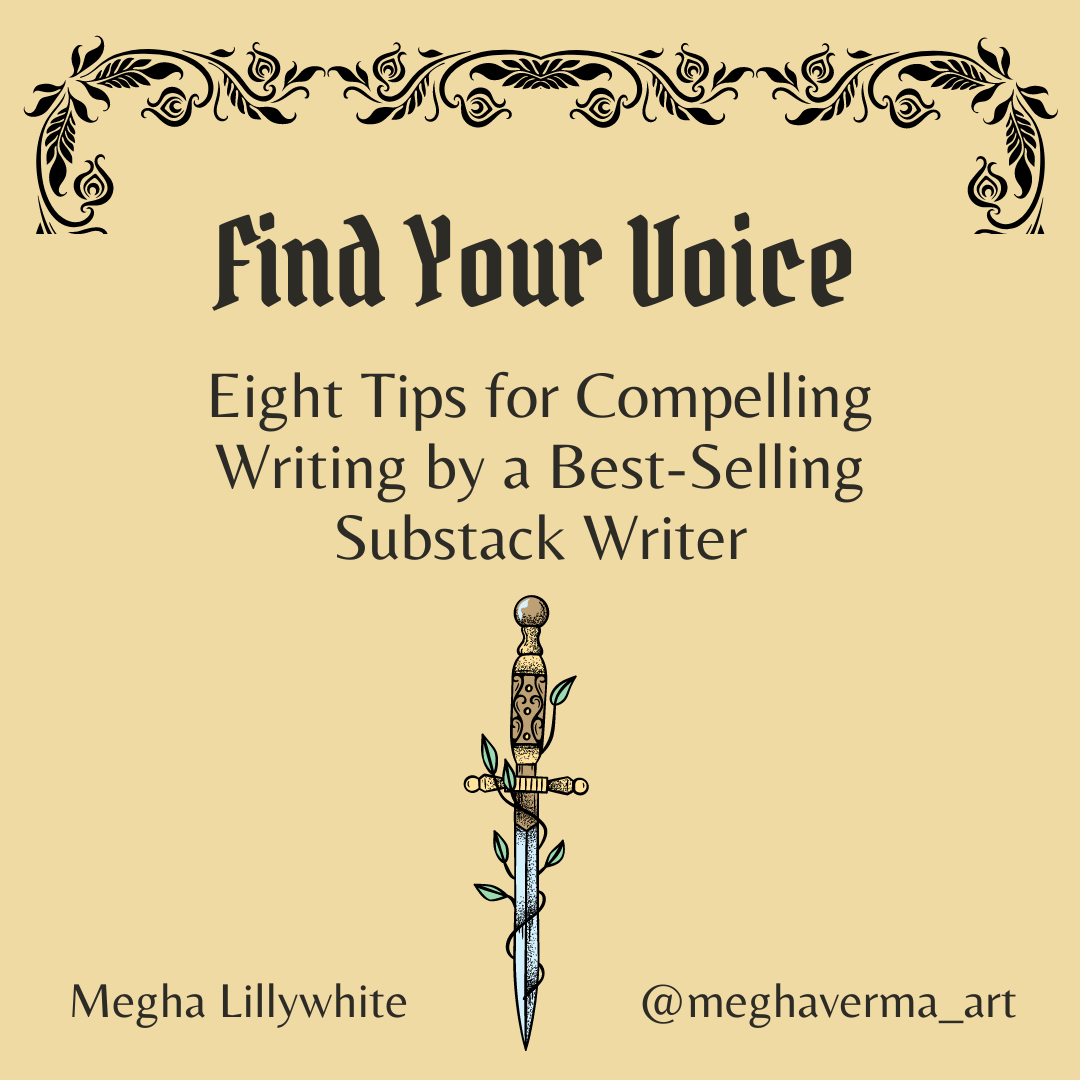Why Write By Hand?
Writing is ultimately a form of thinking. You think differently when you write by hand rather than on a screen. Why is this? Think about all the physical differences between the two.
When you write by hand, you cannot backspace, you cannot interject a sentence that you forgot into a paragraph you already wrote, you cannot move ideas around. This means that when you write down even a single word, you have already committed to it and you have to go with it. Hand-writing thus reduces the amount of decisions you can make because you can’t really go back and change things as easily. You’d have to start all over again on a fresh page.
When we have the freedom to make more decisions, the number of options can paralyse action. Action is crucial to good thinking and thus to good writing because 99% of the time, you actually do not know what it is you think before you have written about it. You may have some vague idea or feeling, but writing is what gives the idea arms and legs and breath. Writing by hand expedites this process of giving life to your ideas.
Writing by hand is also much slower. You are forced to actually listen to your thoughts and spell them all out. This helps you develop patience for the germination and development of your ideas at a more life-like pace. It’s like the difference between driving to a place and walking there; there are many more things you notice while walking that you would not be able to see from a car, there are many more treasures you will find at a slower pace.
When you write by hand, you are also writing in a physical journal, not on a device that also connects to the entire internet. This means that when you have sat down to write, you are not vulnerable to the infinite distractions afforded by the world wide web. You cannot in an instant talk to a friend in one of the hundreds of messaging apps. More importantly, you cannot be distracted with research.
Many people want to write well-researched work, and it is a laudable endeavour. However, there is always more research that you could do on a topic. With access to all human knowledge only a few clicks away, it is tempting for the hesitant writer to procrastinate the real work of thought that is the writing itself, by “doing more research”. This is what stifles your voice. It is better, at one point, to shut down the research, and sit down with a pen and paper, and just say what it is that you wish to say, admitting the gaps in your knowledge, but allowing yourself to explain what you do know.
When you write by hand, you also must cross out the words that you do not want. Crossing out is fundamentally different from the dreaded “backspace button” because when you cross something out, you can still see it when you read the draft. You see your struggles against the language to say what you wish to say and this preserves the memory of your initial objective with the writing project. Perhaps in that crossing out, you will also find inspiration for future writing.
This has been an excerpt from an ebook I have recently published entitled “Find Your Voice- Eight Tips for Compelling Writing”. If you are interested in reading the rest of the eight tips, you can find the book here :)
For my substack readers, please use the discount code Inkling24 in order to get a 20% discount on the ebook
https://classicalideals.gumroad.com/l/nstzl



